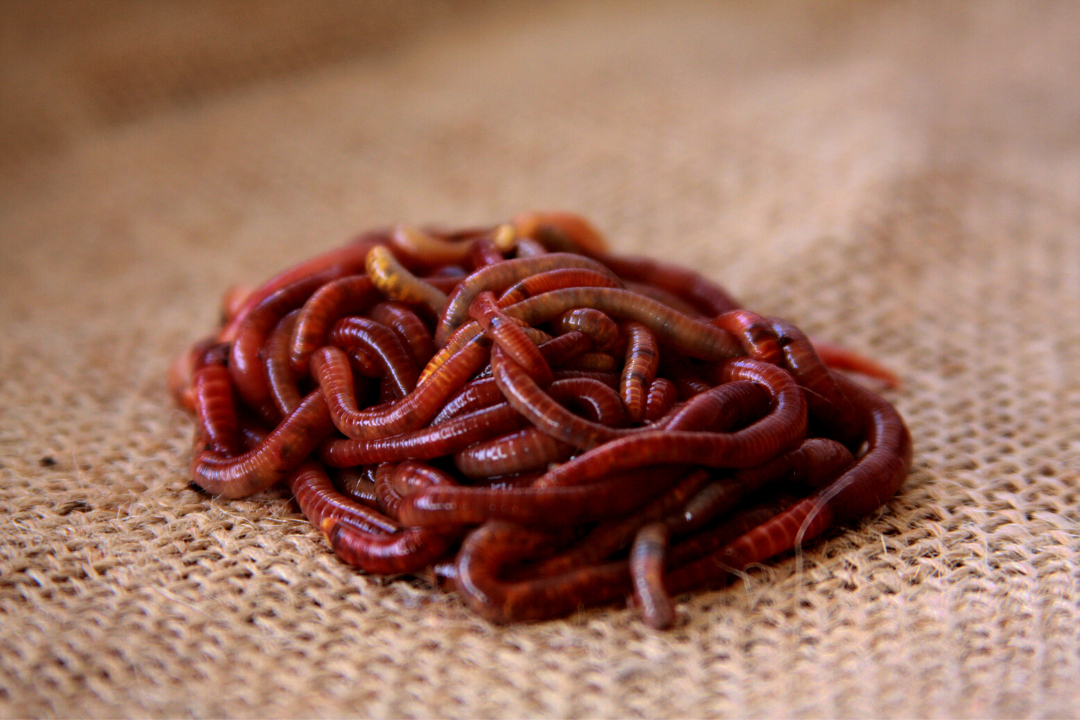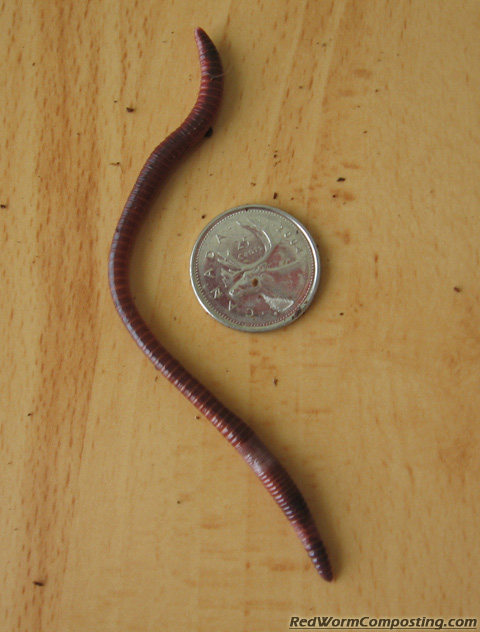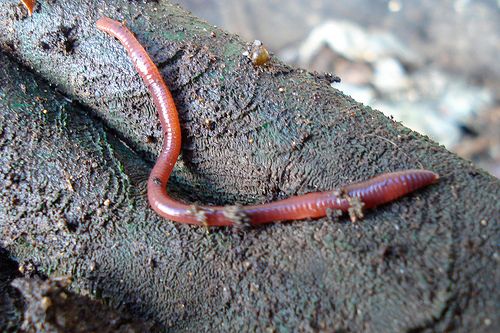Experience the Benefits of Using Red Wiggler Express for High-Quality Lawn Care
Experience the Benefits of Using Red Wiggler Express for High-Quality Lawn Care
Blog Article
Unlock the Secrets of Red Wigglers: Your Guide to Composting Success
The integration of red wigglers right into composting techniques presents a significant possibility for improving soil wellness and advertising sustainability. Comprehending their needs and actions is important for optimizing their possibility, from setting up a proper worm bin to feeding them the appropriate materials.

What Are Red Wigglers?
(Lake Rhodhiss Bait)Red wigglers, medically known as Eisenia fetida, are a species of earthworm largely used in composting because of their impressive capability to disintegrate raw material effectively. These worms are characterized by their reddish-brown pigmentation and a segmented body, generally gauging between 3 to 4 inches in size. Unlike various other earthworm varieties, red wigglers thrive in rich, natural environments, making them excellent for vermicomposting systems.
Belonging To The United States And copyright, they are typically discovered in decaying leaves and compost heap, where they play a critical role in nutrient recycling. Their adjustment to staying in a moist, cardiovascular setting enables them to take in huge quantities of organic waste, simplifying right into nutrient-rich castings that enhance soil wellness.
Red wigglers recreate rapidly, with a single worm capable of producing numerous cocoons each week, each having numerous hatchlings. Comprehending the biology and actions of red wigglers is essential for maximizing their potential in composting applications.
Advantages of Using Red Wigglers
Harnessing the power of red wigglers in composting supplies various benefits that enhance dirt health and promote lasting waste monitoring. These impressive microorganisms efficiently break down organic matter, changing kitchen area scraps and lawn waste right into nutrient-rich vermicompost. This ended up item is exceptionally valuable for plant growth, as it improves soil framework, boosts wetness retention, and enhances nutrition schedule.

(Red Wiggler Express)Additionally, the visibility of red wigglers in your composting system can increase the composting process, generating high-quality compost in a portion of the time contrasted to standard approaches. The castings generated by these worms are likewise bristling with valuable bacteria that better enhance the dirt environment.
Establishing Up Your Worm Bin
Developing an efficient worm bin is an uncomplicated process that can substantially improve your composting initiatives. The initial step is picking an appropriate container. Worm bins can be made from plastic storage space bins, wood boxes, or commercially readily available worm containers. Make sure the container has adequate water drainage and ventilation openings to keep optimal dampness levels and airflow.
Next, prepare the bed linen product, which functions as the worms' habitat. A mix of shredded paper, cardboard, and coconut coir functions well, supplying a comfy atmosphere for the worms. Go for a bed linen deepness of concerning 4-6 inches. Moisten the bedding gently, guaranteeing it appears like a moist sponge without excess water merging at the base.

Feeding Your Red Wigglers
To ensure the health and wellness and efficiency of your red wigglers, it is vital to give them with a well balanced diet that meets their nutritional requirements. Red wigglers flourish on a diverse range of organic products, which not just supply needed nutrients yet additionally promote reliable composting.
Start by incorporating kitchen area scraps such as vegetable peels, fruit cores, and coffee grounds. Stay clear of citrus fruits, onions, and garlic, as these can be harmful to worm health. In addition, present shredded paper, cardboard, and dry leaves to produce a well-aerated atmosphere.
Feeding regularity must be monitored; usually, worms can go to this web-site eat half their body weight in food weekly. It is critical to avoid overfeeding, as excess food can result in undesirable odors and draw in parasites. A great practice is to include food in small quantities, permitting worms to process it prior to introducing much more.
Preserving dampness levels is likewise vital; the bedding should be wet however not soaked. Last but not least, be certain to consistently examine the temperature level and pH degrees of the container to ensure an optimal atmosphere for your red wigglers, ultimately boosting their composting effectiveness.
Harvesting and Using Garden Compost
A successful composting process with red wigglers finishes in the rich, dark garden compost called vermicompost, which can substantially improve dirt health and wellness and plant growth. Gathering this nutrient-dense product usually takes place every 3 to six months, depending on the size of your system and the amount of raw material being processed.
To harvest, delicately separate the compost from the worms and any undecomposed materials. One efficient technique entails moving the components of the container away and adding fresh bedding and food to the vacant space, encouraging the worms to migrate. After a couple of days, the garden compost can be collected from the opposite side.
It is vital to use vermicompost correctly to optimize its benefits. By integrating vermicompost right into your gardening regimen, you not just reuse organic waste however also produce a growing ecological community that supports sustainable gardening methods.
Final Thought
In recap, red wigglers offer as remarkable allies in composting efforts, transforming organic waste right into nutrient-rich vermicompost. By understanding the optimum problems for their habitat, feeding demands, and garden compost harvesting strategies, gardeners can boost dirt wellness and advertise plant vigor.
Report this page